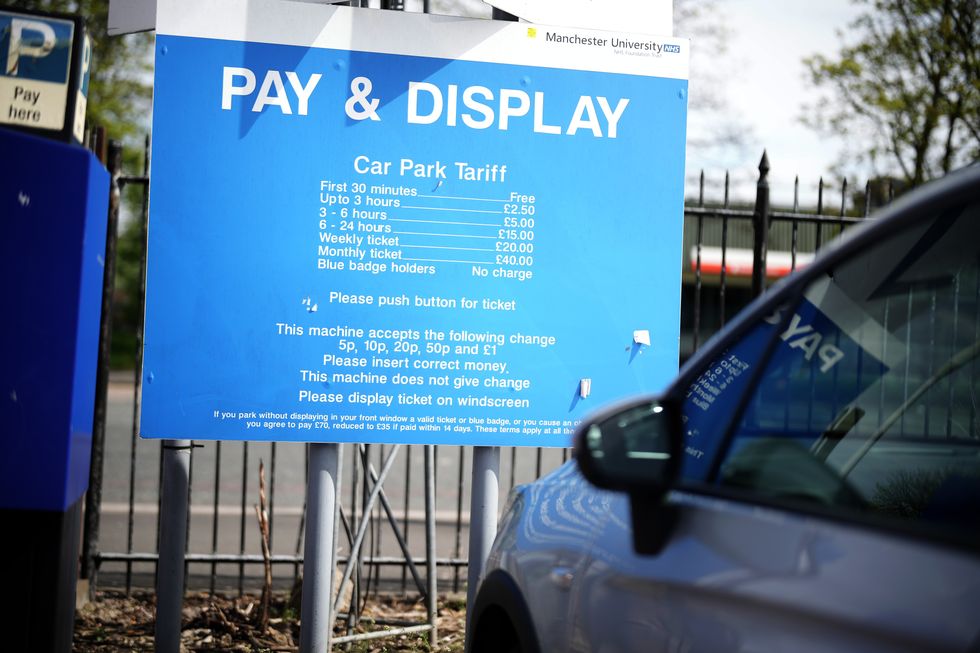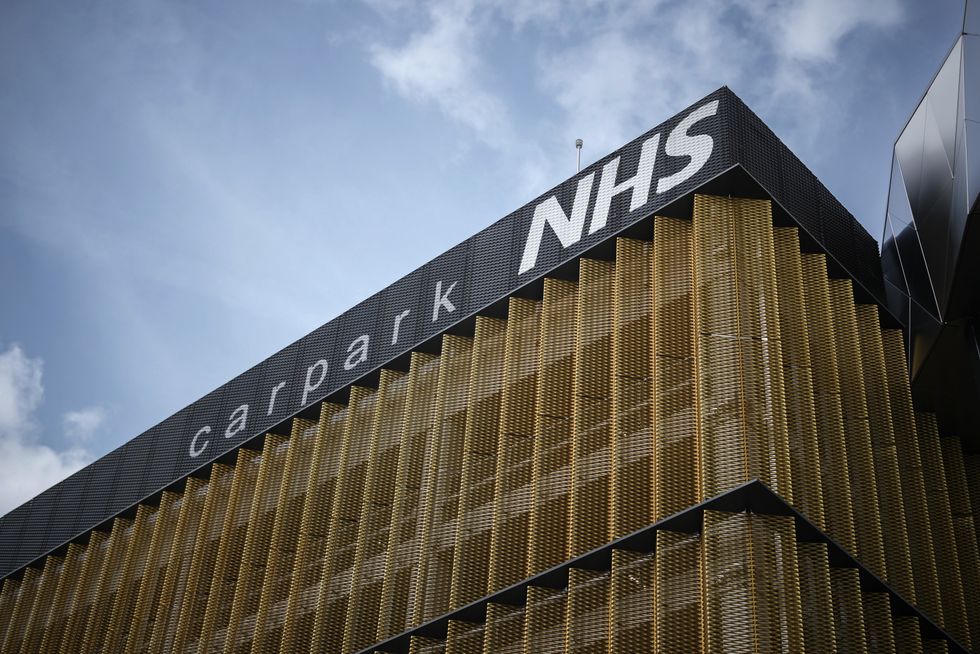'It is too expensive!' Pensioners face ANOTHER blow as elderly struggle to access social care
GB NEWS
The Department of Health said the temporary free parking scheme during the pandemic had cost £130million
Don't Miss
Most Read
Trending on GB News
Patients are being "unfairly penalised" as at least one in four NHS trusts in England have increased their hospital parking charges over the past two years, new research has revealed.
The findings, based on Freedom of Information requests, have revealed that 37 trusts – representing 25 per cent of the 147 NHS trusts in England – raised their parking fees for patients, staff or both between April 2022 and March 2024.
Patient groups have warned that vulnerable people are being "unfairly penalised" as parking charges continue to rise during the cost-of-living crisis.
The actual number of trusts implementing fee increases could be even higher, as 25 trusts failed to respond to the information request.

The actual number of trusts implementing fee increases could be even higher, as 25 trusts failed to respond to the information request
GETTY
Healthcare staff in England paid £70.5million to park at their workplaces during the 2023/24 financial year, according to analysis by the GMB union.
The substantial costs come after the Government ended its Covid-era parking fee waiver for hospital staff in March 2022.
The Department of Health said the temporary free parking scheme during the pandemic had cost £130million.
The GMB union has called for staff parking fees to be scrapped altogether.
LATEST DEVELOPMENTS:
Rachel Power, of the Patients Association, said: "With car parking charges increasing again this year at many NHS hospital sites, patients and their families are facing an even greater financial strain."
"The cost-of-living crisis is pushing many households to the brink, and these charges unfairly penalise people simply for being unwell and needing access to essential healthcare," she added.
Power questioned whether hospitals were receiving a fair share of parking revenue from external operators.
"The considerable profits generated by parking schemes raise serious questions about whether hospitals are receiving a fair share of this income, particularly when financial pressures are affecting the quality of care patients receive," she said.
She emphasised that improving patient care must remain the priority over parking charges, noting that patients were already enduring "undignified and unsafe conditions" in overcrowded hospitals.

Saffron Cordery, interim chief executive of NHS Providers, defended the charges, saying: "NHS trusts – most of whom are under huge financial pressure – just couldn't afford to maintain car parks without charging people to use them."
She highlighted particular challenges faced by urban hospitals, noting: "The last thing trusts want to do is have to divert money away from patient services.
City centre and urban hospital car parks where spaces are in great demand are a particular challenge."
The Department of Health and Social Care maintained that parking fees remain a local matter.
"Car park charges are the responsibility of individual NHS trusts, however any charges must be reasonable and in line with the local area," a spokesperson said.







